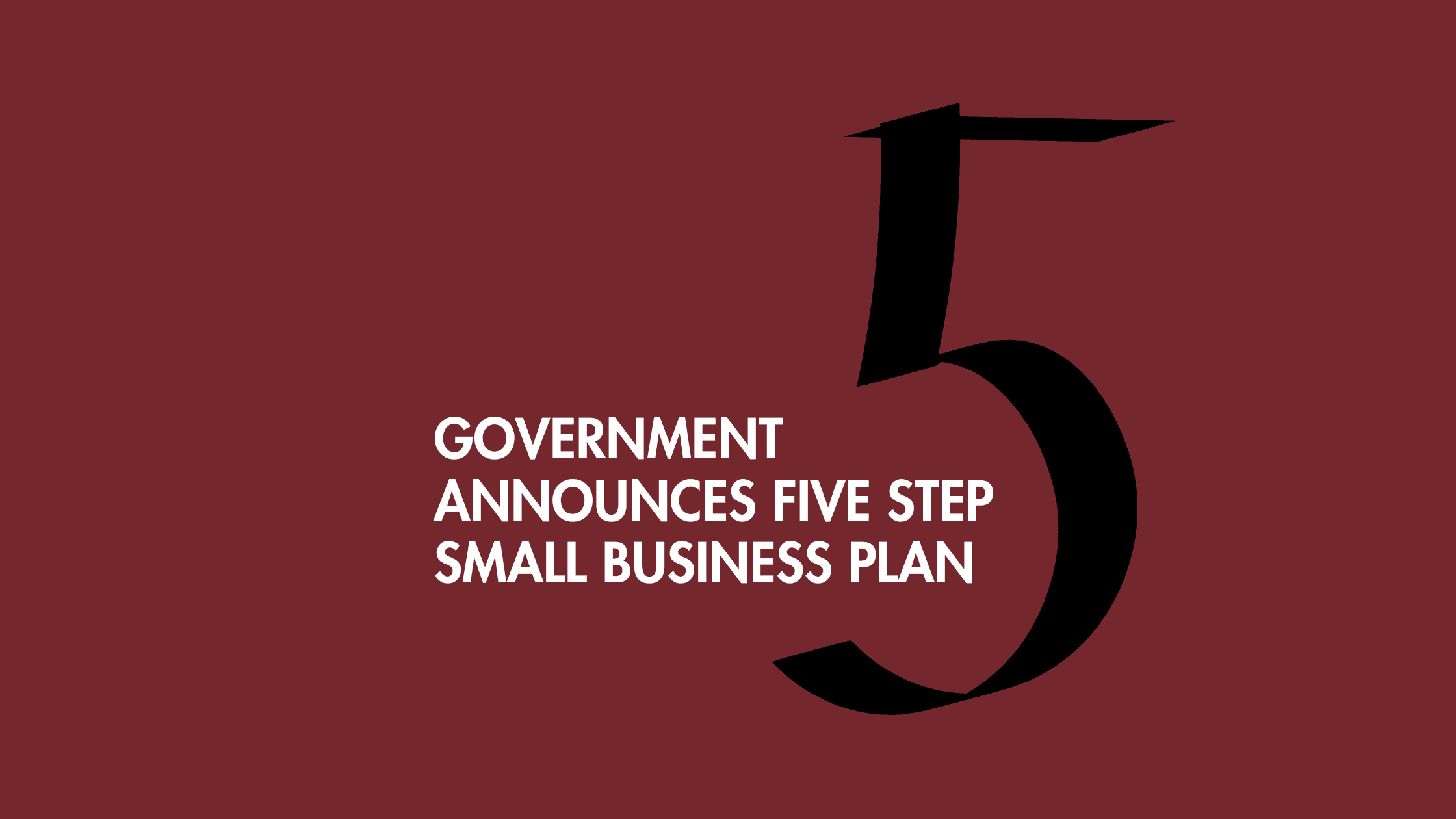Over 90% of businesses in the beauty industry are SMEs, which have long faced unique barriers to growth due to administrative expectations, red-tape, lack of finance and issues with cashflow. In its new Small Business Plan, the Government sets out its aim to put small businesses first
For the first time in a decade, the Government has released its new Small Business Plan which is designed to ‘give small businesses the tools to thrive and drive economic growth’.
SMEs cultivate £2.8 trillion in turnover each year in the UK and could deliver an extra £320bn to the UK economy by 2030 if they grow by 1% annually. Dedicated to enabling this success, the Government’s new plan focuses on five key areas:
- Introducing the toughest laws on late payments in the G7:
After 25 years of stagnant legislation in this area, the Government is introducing legislation preventing late payments, which currently causes cash flow issues and uncertainty for small businesses.
Under its new plan maximum payment terms of 60 days will be introduced and the Small Business Commissioner given the power to issue fines against the biggest firms who persistently choose to pay their suppliers late. Not only that mandatory interest charges for those who pay late will be introduced.
Prime Minister Keir Starmer said: ‘From builders and electricians to freelance designers and manufacturers—too many hardworking people are being forced to spend precious hours chasing payments instead of doing what they do best – growing their businesses.
‘It’s unfair, it’s exhausting, and it’s holding Britain back. So, our message is clear: it’s time to pay up.’
- Unlocking access to finance:
Under the Small Business Plan, the government has committed to unlocking £7bn of finance for small businesses. This comes from a dedicated business boost, 69,000 start-up loans and increased investment into the British Business Bank.
- Delivering the Plan for Change:
Upon entering office, the Labour government set out the aims it wanted to reach by the end of this Parliament under its ‘Plan for Change’.
The Small Business Plan is designed to push this overarching strategy forward by cutting red tape and administrative costs as well as booting digital skills and efficiency for small businesses. This aims to streamline processes and enable simpler growth.
- Revamping highstreets:
Hairdressing, health, and beauty salons have consistently had the highest number of retail businesses across UK high streets for the last decade. Under its plan, the Government has committed to re-vamping shopping areas via Licensing reforms that will turn empty shops into vibrant venues.
It has also committed to eliminating administrative burdens to make it easier for small businesses to open on local highstreets.
Although this is largely focused on hospitality and entertainment venues, there is no doubt that by existing on a better highstreet, the beauty stronghold will continue to thrive.
- Launching the Business Growth Service:
The Government is launching a one-stop-shop service for SMEs to access support, advice, and funding. This is streamlining all of the Government’s advice into one website: business.gov.uk.
On the new plan, Millie Kendall OBE, CEO of the British Beauty Council said: ‘The beauty industry contributes more than £30bn to the UK GDP and is made up of entrepreneurial, successful and inspiring SMEs. The British Beauty Council welcomes the Government’s Small Business Plan which sees policy-makers put our businesses first. For years, the beauty sector has faced unique challenges when it comes to growth, this plan is a much needed step towards ensuring our industry – which bolsters social mobility and opportunities for underrepresented communities – can sustain growth.’
You can read more about the strategy here.




